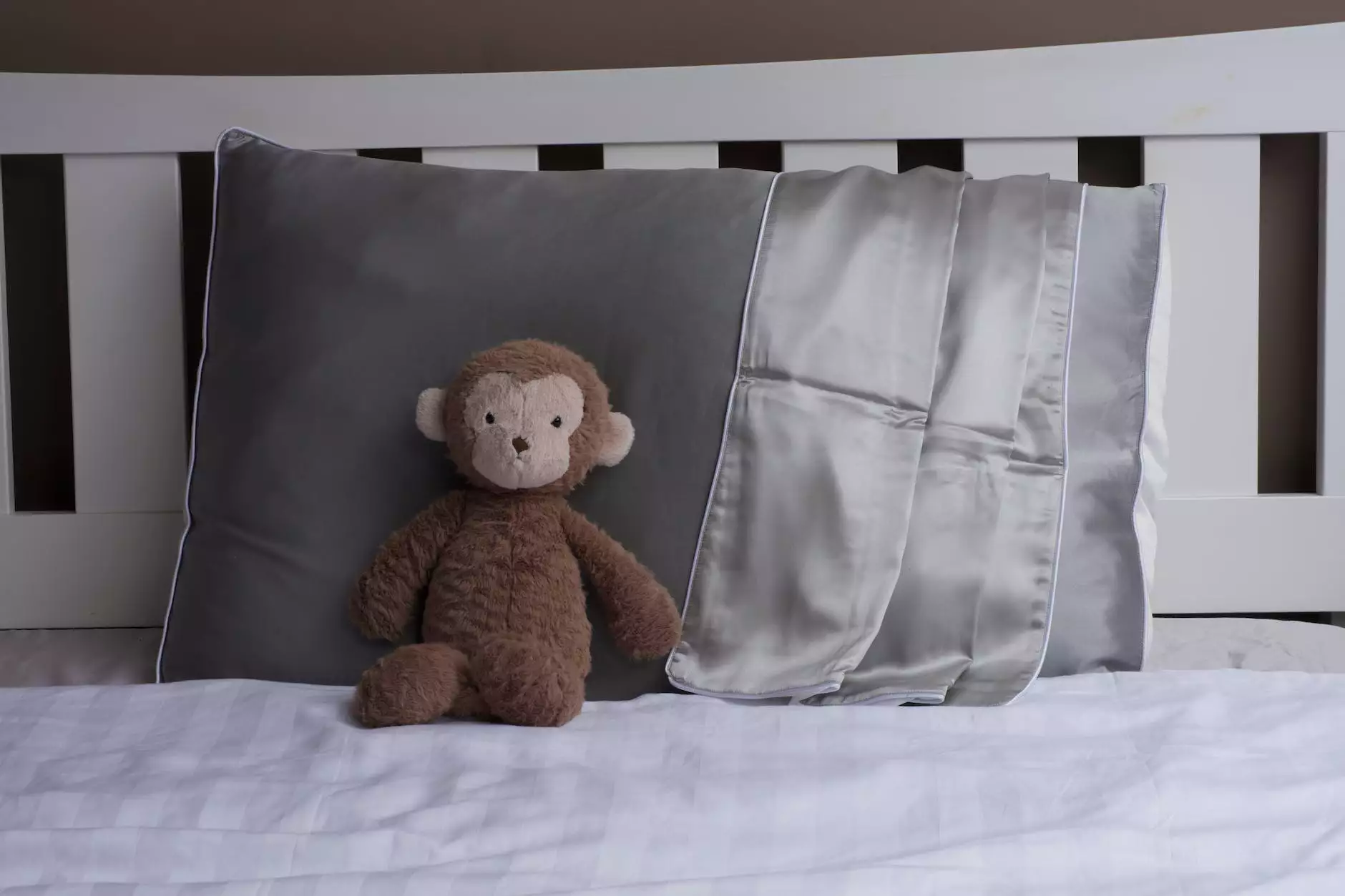Master Your Sleep Hygiene: An In-Depth Guide and Free PDF Checklist

The Importance of Sleep Hygiene
Welcome to Best DIY Furniture Paint's comprehensive guide to mastering your sleep hygiene. Quality sleep plays a crucial role in your overall well-being. It helps rejuvenate your body, enhances cognitive functions, and improves productivity. By understanding the importance of sleep hygiene, you can optimize your sleep environment and establish healthy bedtime routines.
Creating a Relaxing Sleep Environment
To achieve a good night's sleep, it's essential to create a relaxing environment conducive to rest. Start by ensuring your bedroom is clean, well-organized, and free from clutter. Use calming colors, such as soft blues or greens, to promote relaxation. Consider incorporating natural elements like indoor plants to improve air quality and create a soothing atmosphere. Additionally, invest in a comfortable mattress, supportive pillows, and high-quality bedding for optimal comfort.
Establishing Bedtime Routines
Bedtime routines help signal your body that it's time to wind down and prepare for sleep. Consistency is key when establishing these routines. Begin by determining a regular bedtime that allows for sufficient sleep. Prioritize relaxation activities like reading a book, listening to calming music, or practicing meditation before bed. Minimize screen time, as the blue light emitted by electronic devices can disrupt your natural sleep-wake cycle. Instead, opt for a warm bath or shower to promote relaxation and prepare your body for sleep.
Optimizing Your Sleep Quality
Improving sleep quality involves various factors, including the right sleep environment, bedtime routines, and habits. Aside from creating a conducive atmosphere, consider the following tips to enhance your sleep hygiene:
1. Maintain a Consistent Sleep Schedule
Consistency is key for a healthy sleep schedule. Try to go to bed and wake up at the same time every day, even on weekends. This routine helps regulate your body's internal clock and promotes better sleep.
2. Limit Stimulants Before Bed
Avoid consuming caffeine, nicotine, and alcohol close to bedtime. These substances can interfere with your ability to fall asleep or result in disrupted sleep throughout the night. Instead, opt for herbal teas or warm milk to promote relaxation.
3. Create a Technology-Free Bedroom
Ideally, keep electronic devices out of your bedroom to create a technology-free zone. If that's not possible, at least keep them on silent mode or enable a "do not disturb" feature to prevent disturbances from notifications or calls during the night.
4. Manage Stress Levels
High stress levels can significantly impact sleep quality. Practice stress management techniques such as yoga, deep breathing exercises, or journaling to help alleviate anxiety and promote better sleep.
5. Maintain a Comfortable Temperature and Lighting
Find the right balance of temperature and lighting in your bedroom. Aim for a cool, comfortable temperature and minimize any excessive light sources that may interfere with your ability to fall asleep. Consider blackout curtains or an eye mask if necessary.
Download Your Free Sleep Hygiene Checklist
To further assist you in mastering your sleep hygiene, we've created a comprehensive checklist that covers all the essential components. This checklist will guide you in ensuring you incorporate and maintain healthy sleep habits. Simply click the link below to download your free PDF Sleep Hygiene checklist:
Download the Free Sleep Hygiene Checklist
Conclusion
Mastering your sleep hygiene is an investment in your overall well-being. By optimizing your sleep environment, establishing consistent routines, and adopting healthy habits, you can significantly improve the quality of your sleep. Remember, quality sleep is imperative for a healthy, productive life. Begin implementing these tips and techniques today and experience the transformative power of a good night's sleep.










